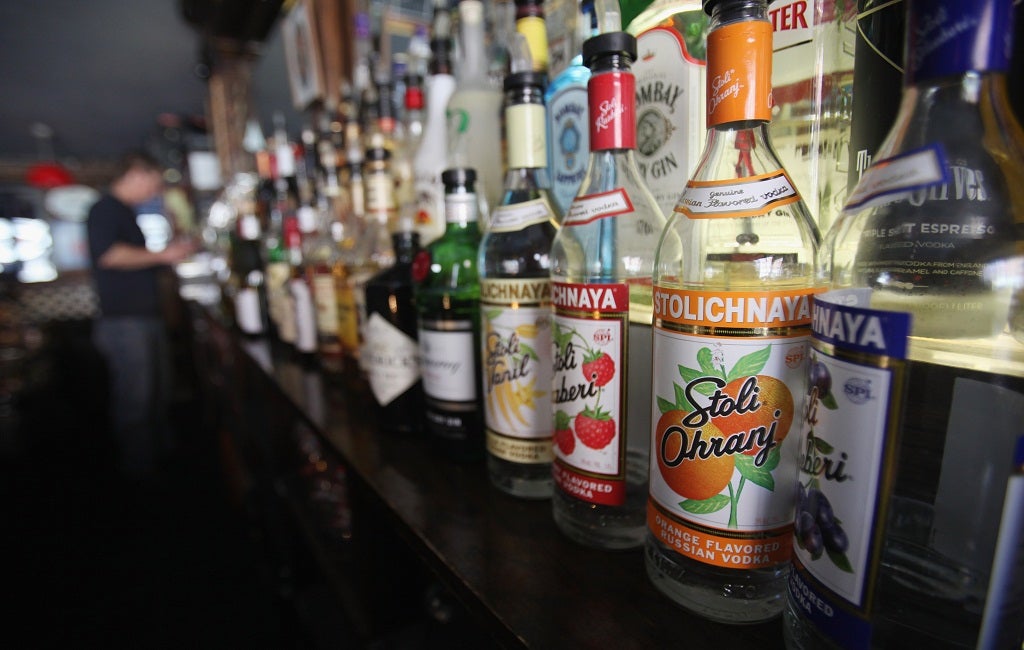Survey finds today's university students are anxious to find alternative social activities that do not involve drinking

Your support helps us to tell the story
From reproductive rights to climate change to Big Tech, The Independent is on the ground when the story is developing. Whether it's investigating the financials of Elon Musk's pro-Trump PAC or producing our latest documentary, 'The A Word', which shines a light on the American women fighting for reproductive rights, we know how important it is to parse out the facts from the messaging.
At such a critical moment in US history, we need reporters on the ground. Your donation allows us to keep sending journalists to speak to both sides of the story.
The Independent is trusted by Americans across the entire political spectrum. And unlike many other quality news outlets, we choose not to lock Americans out of our reporting and analysis with paywalls. We believe quality journalism should be available to everyone, paid for by those who can afford it.
Your support makes all the difference.The class of 2013 are a sober bunch - anxious to escape from the clutches of alcohol while socialising at university, a survey out today finds.
The study of more than 2,300 students by the UNITE group, the country's largest student accommodation provider, found “a recurring theme” was that students were desperately searching for alternative social activities that did not involve drinking.
One said his priority was “a wide variety of activities for all people” but added “this is only well met if you're a sport student or you want to drink yourself to death”.
Less than one in three students said they were going to university to have a good time - the majority (84 per cent) said they were studying their subject because they were interested in it.
“The traditional student stereotype of beer-swilling, lecture-skipping, hovel dwelling layabouts is completely outdated,” said one respondent.
On their prospects of employment, one in eight still thought it would be “easy” to find a job on graduating despite the employment gloom. Only two per cent thought it would be impossible,
Meanwhile, a separate survey by graduate recruiters warned that employers were discriminating against young people from disadvantaged background through their interviewing processes.
Too many were relying on the evidence of unpaid internships - which could only be afforded by those whose families could subsidise them, said the survey by the Association of Graduate Recruiters and Association of Graduate Careers Advisory Services.
“Far too many employers are, unknowingly and unintentionally, using recruitment and selection methods that present barriers to graduates from less privileged backgrounds,” it adds.
Join our commenting forum
Join thought-provoking conversations, follow other Independent readers and see their replies
Comments